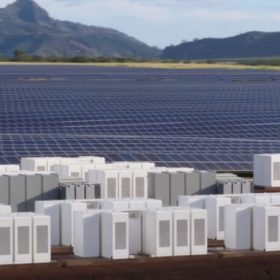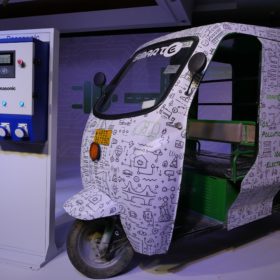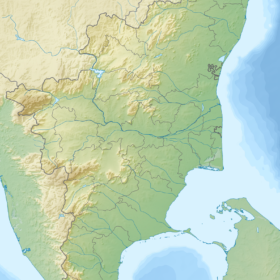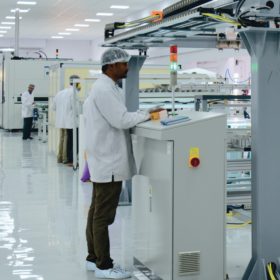NTPC looks to purchase power from 100 MW solar projects
December 26 is the last date for generators to submit bids for supply of power from their existing 100 MW solar plants. Technical bids will open on December 27.
SECI tweaks 1.2 GW renewables plus storage tender
Energy storage installation to back up at least half of the generation capacity, increase in project size to 600 MW maximum as well as increased off-peak tariff of Rs2.88/KWh are among the major amendments. Bidding is allowed till December 16.
BHEL tenders BOS for 100 MW plant at Raghanesda Solar Park
Bids are invited for supply, installation and commissioning of Balance of System (BOS) items for the state-owned engineering major’s 100 MW (AC) solar plant in Gujarat. The last date for bid submission is December 10.
Ather Energy to set up Li-ion, EV production unit in India
Ather Energy, an Indian electric scooter maker, has signed a memorandum of understanding with the government of Tamil Nadu to open a new production facility for lithium-ion batteries and electric vehicles.
Urban Mobility: Focus on last-mile solutions
There will be plenty of opportunity for electric three-wheeler penetration in the Indian market through the model of battery swapping as well as local charging points available at delivery hubs.
$451 million ADB loan to strengthen power connectivity in Tamil Nadu
The investment will be used to establish an extra-high-voltage transmission link between Virudhunagar and Coimbatore to transfer the additional generation capacity of 9 GW, including 6 GW from renewables, by 2025 to meet the increased power demand in the Chennai–Kanyakumari Industrial Corridor.
ISRO transfers space-grade Li-ion cell technology to BHEL
While BHEL will primarily produce Li-ion cells for ISRO and other strategic sector programmes, it can also suitably modify the space-grade cells—and thus leading to cost reduction—to meet the requirements of commercial applications.
German company Phaesun installs solar-powered water desalination plants in Gujarat
The pilot plants—installed at a temple and a school—work on a membrane-based electrodialysis technology to provide clean drinking water.
MG Motor partners Exicom on EV battery recycling
Exicom Tele-Systems will recycle electric vehicle batteries at the end of their lifecycle to develop custom battery packs for non-automotive applications such as home inverters, commercial & industrial UPS, and renewable energy storage.
Websol Energy mulling solar manufacturing capacity expansion
The crystalline solar cells and modules manufacturer—which has 200 MW of cell line and 250 MW of module line capacity—has secured orders equal to full production capacity for both cells and modules till March 2020.














